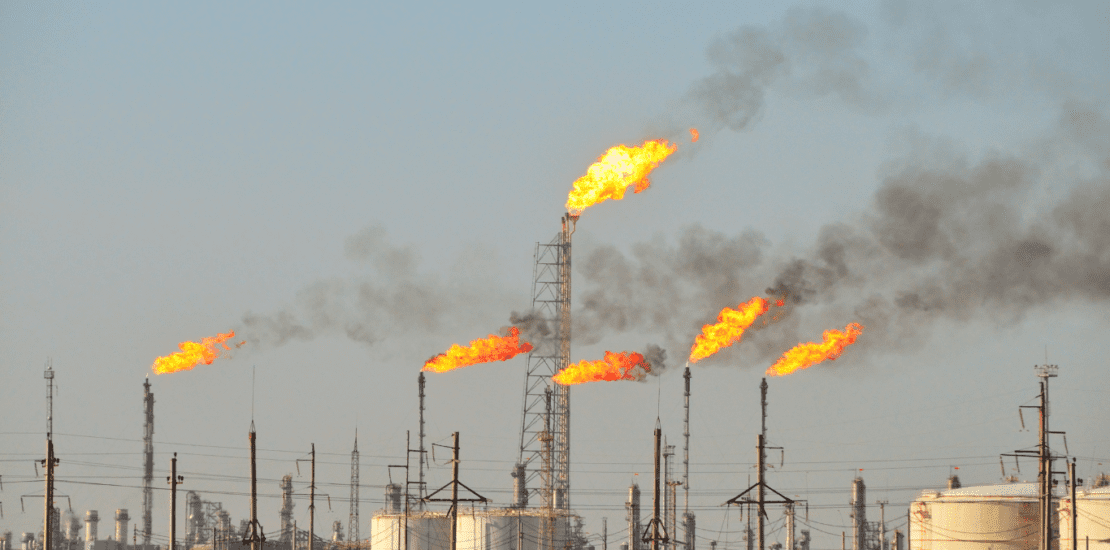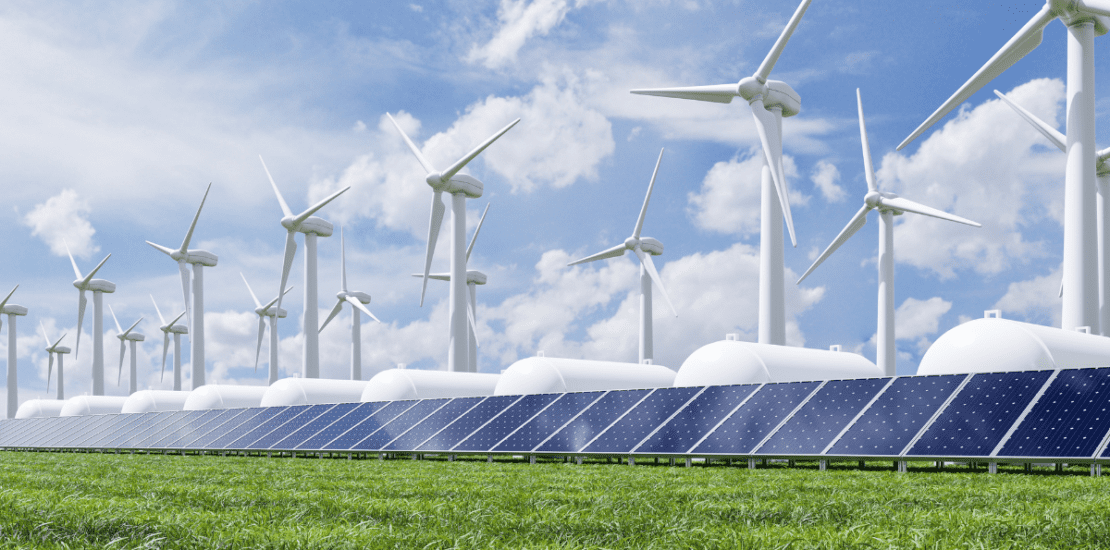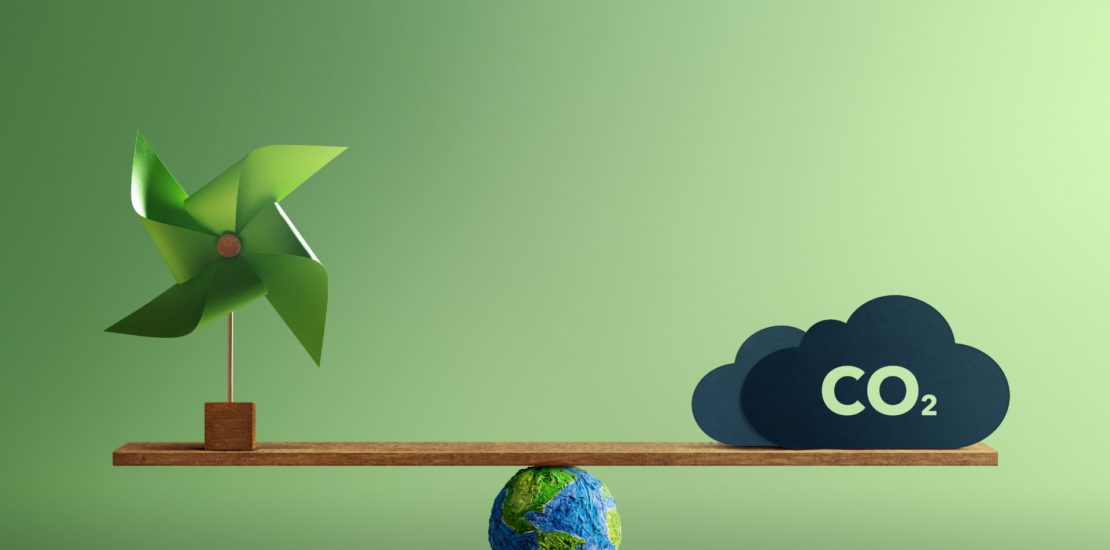-
Flaring is not a ‘victimless act’!
- 19 April 2024
- Posted by: Future Energy
- Category: Energy transition
No Comments

CATF reports that oil and gas imports to the European Union expose nearly 10 million people to the avoidable practice of flaring, which is known to release high levels of harmful chemicals. Through a strong methane import standard, the EU can dent global flaring emissions and decrease the health risk of nearby populations.
-
What’s in a Board?
- 5 April 2024
- Posted by: Future Energy
- Category: Energy excellence


Experienced boards can bring valuable levels of industry expertise to a company but they can also carry the baggage of outdated ideas. Selecting and training a balanced, future-thinking board is key to a company’s triple bottom line: people, planet, and profit.
-
Bringing out the best in your Board
- 28 March 2024
- Posted by: Future Energy
- Category: Energy excellence


The rise of ESG in the last decade only solidifies the importance to companies of assembling strong boards, putting in place responsibilities and benchmarks, and reporting on their practices.
-
Unveiling Britain’s climate paradox: the hidden carbon emissions undermining the net zero goal
- 15 March 2024
- Posted by: Future Energy
- Category: Energy transition


Britain’s journey towards net zero is a narrative rich with milestones and declarations of environmental leadership.
-
The future of Caribbean energy: unlocking the potential through regional cooperation
- 13 March 2024
- Posted by: Future Energy
- Category: Energy excellence


The energy landscape in the Caribbean has been a tale of pioneering discovery, peak production, and subsequent decline, interwoven with the potential for revival through strategic regional cooperation.
-
A view from Clean Tech Stars 2024
- 11 March 2024
- Posted by: Future Energy
- Category: Energy transition


JP Morgan hosted their annual London Clean Tech Stars conference on 6-7 March 2024. This brought together the most innovative first movers in the decarbonisation space.
-
Developments with US carbon capture and storage
- 8 March 2024
- Posted by: Future Energy
- Category: Energy transition


On Thursday 22 February 2024 Karl Jeffery, Publisher of Carbon Capture Journal, facilitated an online webinar exploring the developments in US carbon capture and storage.
-
Critical uncertainty and risk in CCS projects
- 29 February 2024
- Posted by: Future Energy
- Category: Energy transition


Investing in Carbon Capture and Storage (CCS) technology presents a significant opportunity for reducing carbon emissions, particularly if investors are confident in the technology’s scalability and the timely, budget-compliant construction of facilities.
-
Future Energy Partners led Universal to attain ISO 45001 certification status
- 17 April 2023
- Posted by: Future Energy
- Category: Energy


Future Energy Partners provides Training and ISO standards implementation services to companies irrespective of the sector and size as well as second-party audits in preparation for ISO Certification.
-
Carbon capture is still ‘not commercial’ – but what can be done about it?
- 15 August 2022
- Posted by: Future Energy
- Category: Energy


Many people are relying on emission trading schemes to make carbon capture and storage commercial, but it may never be enough to justify CCS investment by itself.
